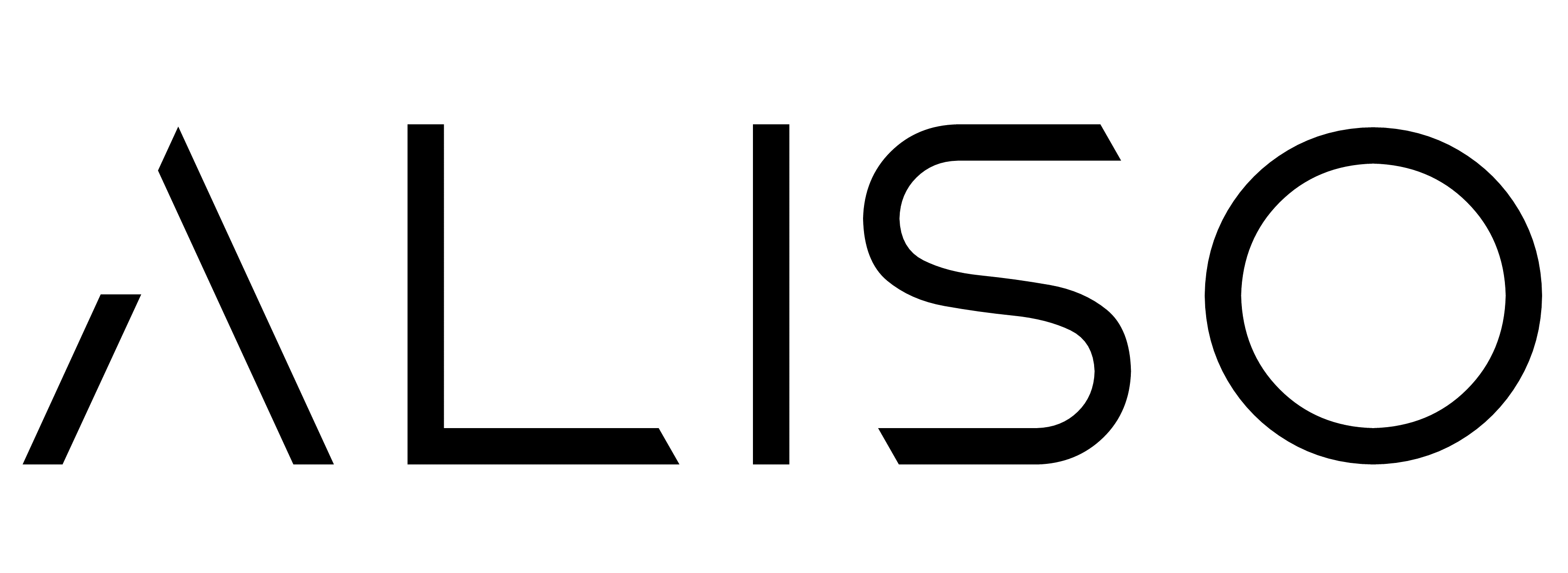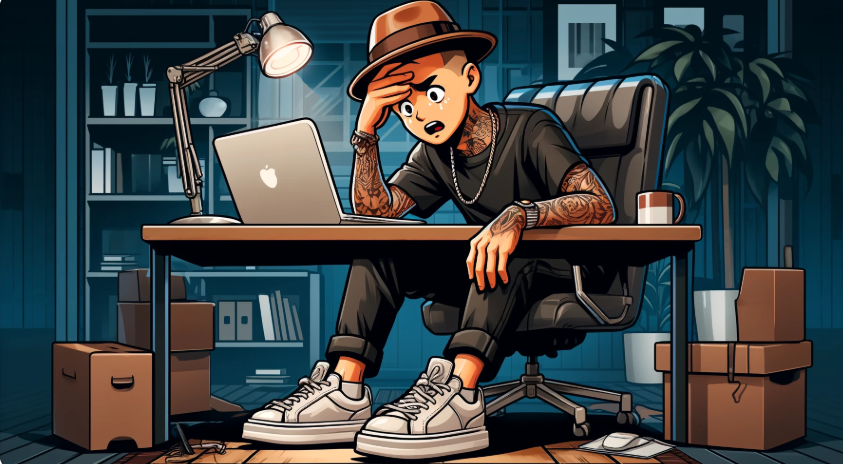✍️ As a technical writer with 18 years of experience, I’ve always been able to land opportunities.
If I applied for a job, I’d get callbacks.
If I wanted freelance work, I could secure multiple clients.
But now?
📉 Rejection after rejection.
Despite my experience, a strong resume, and a proven track record, the demand for technical writers—especially in Melbourne—has plummeted.
It’s not just a gut feeling.
It’s real.
And it’s hurting my business.
So, I started digging.
Why am I getting rejected so much?
Why is there so little hiring for tech writers?
What’s changed since the golden years of 2020-2023?
Here’s what I found.
🔥 The Golden Years: 2020-2023
💻 During the pandemic, industries were in survival mode.
Companies needed clear documentation to manage remote teams, onboard employees, and implement new digital tools.
📈 IT thrived, while industries like retail, construction, and hospitality struggled.
For technical writers, this was a boom.
Remote work meant I could juggle multiple clients at once.
I could hire subcontractors to help with projects.
I could work with businesses across Australia and beyond, without location being a barrier.
Those years were the prime of my business.
❌ The Sudden Decline: 2024-2025
🚨 Fast forward to today—everything’s changed.
Opportunities have dried up.
Clients have cut budgets.
Companies that once valued documentation are pushing it onto internal teams—or skipping it altogether.
For the first time in nearly two decades, I feel like I’m starting from scratch.
What’s causing it?
📉 What’s Behind the Decline in Technical Writing?
Several major shifts have reshaped the industry.
🏢 1. The Return-to-Office Mandate
Remember when remote work was the future?
Yeah, that didn’t last long.
Many companies are forcing employees back into the office, eliminating remote flexibility.
🚪 This has closed doors for freelancers like me, who relied on fully remote work to manage multiple clients.
📌 Now, if a company wants a tech writer, they want them in-house.
📌 I can’t be in multiple places at once.
📌 That means fewer clients, fewer opportunities, and more limitations.
Companies pushed for digital transformation—and are now undoing it.
(Source: worldatwork.org)
💰 2. Economic Uncertainty and Budget Cuts
With inflation rising and business costs climbing, companies are cutting non-essential expenses.
📉 Technical writing is often the first to go.
Companies are either:
❌ Shifting documentation work to existing employees (who already have too much on their plate)
❌ Skipping documentation altogether, thinking it’s a “nice-to-have” instead of a necessity
💸 If businesses aren’t spending, there’s less work to go around.
🤖 3. The Rise of AI and Automation
Artificial Intelligence is changing technical writing.
🛠️ AI tools can generate documentation, fill in templates, and automate content creation.
While AI can’t fully replace human expertise, many businesses see it as a cost-cutting alternative.
That means less demand for traditional tech writers.
(Source: hiringlab.org)
🌍 4. Offshoring and Outsourcing
Over 20,000 Australian jobs have been offshored in the past year.
📌 That includes roles in technical writing, IT, and support.
Companies can hire overseas writers for lower costs, reducing local job availability.
(Source: theaustralian.com.au)
🚀 How I’m Adapting to Survive
This isn’t the end of my career—but it’s forced me to adapt.
Here’s what I’m doing:
🤖 1. Learning AI & Digital Transformation
I was lucky to land a client that embraces AI.
I’m now using AI tools for:
✅ Technical writing automation
✅ Process mapping for digital transformation
✅ Enhancing workflows with AI-driven insights
Instead of fighting AI, I’m learning how to integrate it.
📚 2. Expanding My Skill Set
I’ve started learning UX writing, content strategy, and instructional design to stay relevant.
📌 Diversification = More opportunities.
🤝 3. Doubling Down on Networking
I’m connecting with more professionals, attending industry events, and joining discussions on tech writing trends.
💡 Opportunities often come from relationships, not just job boards.
⚡ Final Thoughts: Is This the End for Technical Writers?
No.
But it’s not the same as it was before.
The job market has changed.
❌ Remote work is shrinking.
❌ Companies are outsourcing and cutting budgets.
❌ AI is automating parts of the job.
To survive, technical writers need to adapt.
That means:
✅ Learning AI-enhanced documentation tools
✅ Expanding into related fields like UX writing
✅ Staying active in professional communities
The golden years are over—but the industry isn’t dead.
It’s just different.






